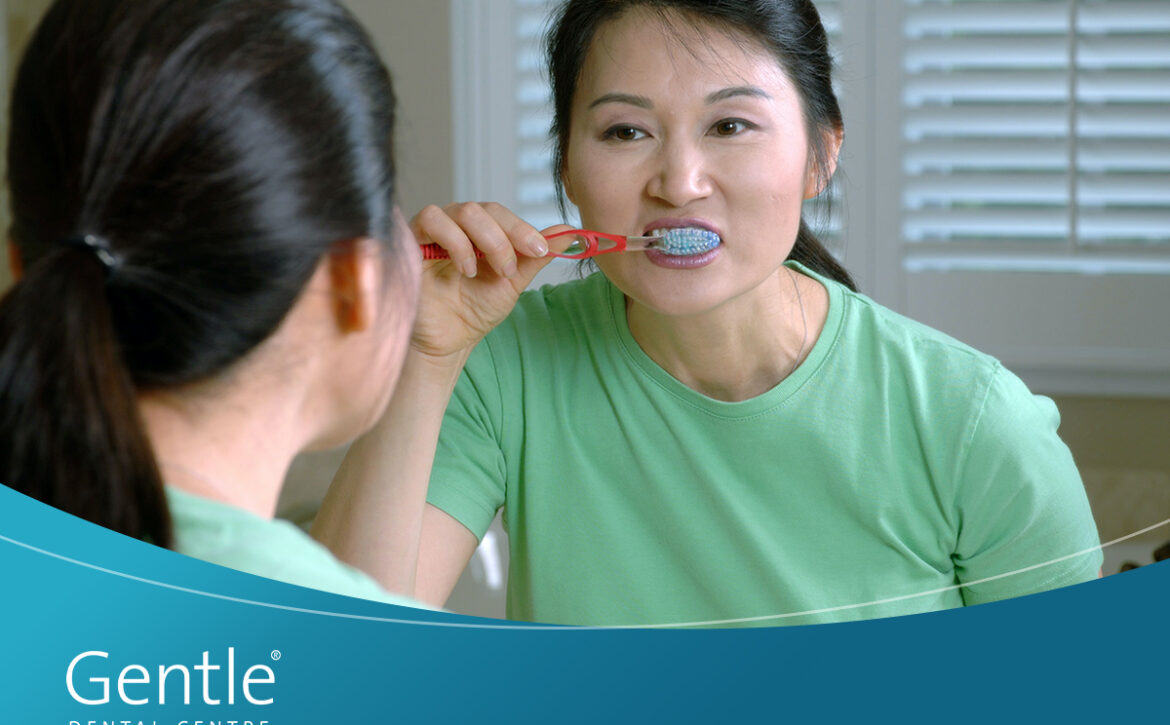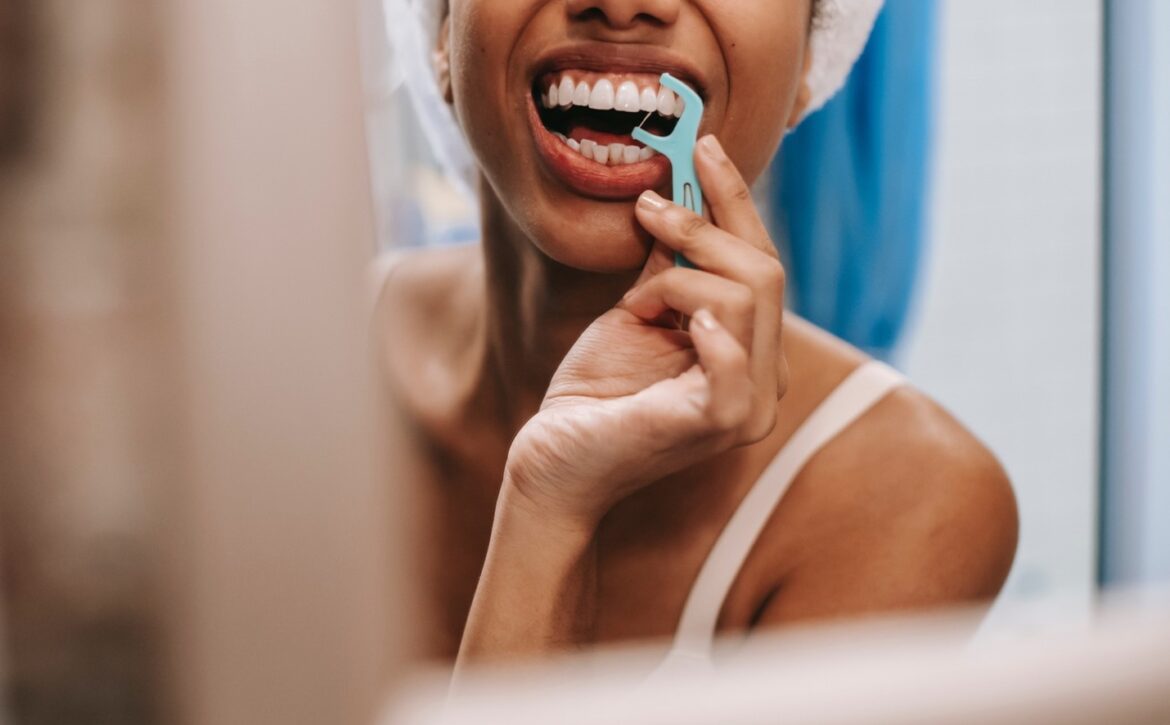How to pack a lunch that promotes good oral health
Good oral health is important for everyone, but especially for children. If you are a parent, here are some ways you can pack your child’s lunch to ensure their teeth are well looked after.
Healthy eating habits aren’t only good for a child’s body. They’re important for the health of their teeth too and can protect children (and adults) from gum disease, cavities, plague and adult tooth loss.
Even if your child brushes their teeth regularly, they can still be at risk of cavities if their diet isn’t packed with the right nutrients. As a parent, you can be proactive in their dental care by packing a lunch that includes foods that promote good oral health.
Easy ways to buy foods that are good for your child’s oral health
Foods that contain a lot of carbs, sugars and starch produce more plaque acids in the mouth. This is what attacks the enamel on teeth and leads to cavities. If you’re not sure if something is good for your child’s teeth, check the nutrition label for the presence of sugars.
As a general rule, whole foods, grainy pieces of bread and foods that aren’t as processed are always going to be better for oral health as they contain a high level of nutrients and are lower in sugar.
Some easy swaps include:
- White bread for a whole grain variety
- Sugary soda or fruit juice for water
- Processed fruit snacks for real fruit
- Sugar and lollies for protein-rich foods
What foods should I pack for lunch that improve oral health?
Milk, Yoghurt, Cheese
Dairy products contain calcium which is good for your teeth and gums. Your bones need calcium to grow and remain strong. Plain yoghurt, milk and cheese products are great for lunches as they are easy to pack full while providing protein for fullness and neutralising acids that bacteria can create.
Apples, Carrots, Celery
Crunchy foods such as carrots, celery, raw broccoli, and apples are great for oral health. Their firm exterior scrapes away plaque left on the teeth while their firmness prevents particles from getting stuck between the teeth. This keeps your breath smelling fresher as lodged food produces plaque and acids which smell. Apples and other crunchy fruit and vegetables promote saliva production which helps remove bacteria on the gums and around the mouth.
Water
Water is great for teeth health because it helps keep saliva flowing and helps to dislodge pieces of food that are stuck between the teeth. Bottled water from the tap is good for children, especially if it’s fluoridated. Avoid bottled water that is flavored, or labelled as ‘enhanced’ water. These options usually contain additives and high amounts of sugar.
Tomatoes, Peppers, Broccoli, Potatoes and Spinach
These vegetables are great for teeth because they contain vitamin C which is vital for retaining healthy gums. While on their own these foods aren’t very convenient for lunch, there are ways to ensure your child is getting vegetables at lunchtime. Potato fritters with spinach, chopped tomato and pepper and shredded broccoli can be made the night before and packed cold in your child’s lunch box. You can also batch make and freeze them for added convenience.
What foods are bad for oral health and aren’t recommended for oral health?
Soft breads
White bread is highly processed and easily coats your child’s teeth in a soft, sticky paste. If your child has braces, it’s also a good idea to avoid white bread completely. Whole-grain breads are denser and don’t stick to teeth in the same way.
Chips
Potato crisps are an easy and common snack idea, however, their small particles get stuck on teeth easily. Nuts make a good alternative as they are full of fiber and protein which will keep their smile healthy and teeth clean.
Imitation Fruit Snacks
Fruit roll-ups, leathers and other fruit snacks sound like healthy food but they usually only contain a small amount of fruit. Any nutritional benefits are also outweighed by their high sugar content. Fruit leathers are often hard and chewy which causes them to stick to teeth and encourage the production of acids. Swap any fruit alternatives for the real thing.
How snacking and eating habits effect oral health
While packing healthy snacks promotes healthy eating habits, snacking too much is bad for your oral health. Frequent snacking promotes acid attacks on your teeth. It’s much better to eat a snack in one sitting rather than graze on foods throughout the day.
Remember to drink liquids while you are snacking. This will help produce saliva and wash away any food particles likely to get stuck in your teeth. Teach your children to drink during snack times at home. This will encourage them to drink more water while they are at school.
As well as adopting healthy eating habits, oral health problems can be avoided by brushing and flossing twice a day and seeing your dentist every six months. Book your next dental appointment here.





